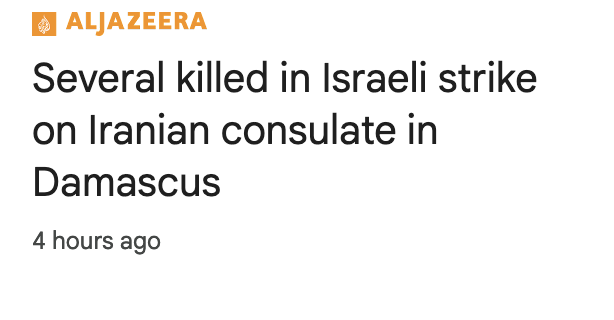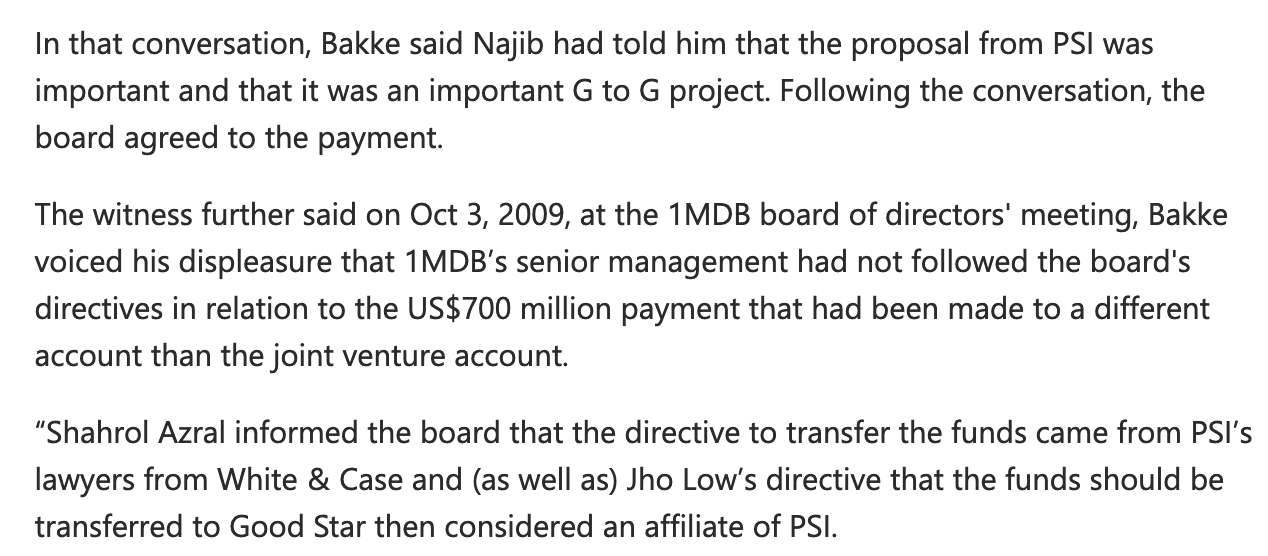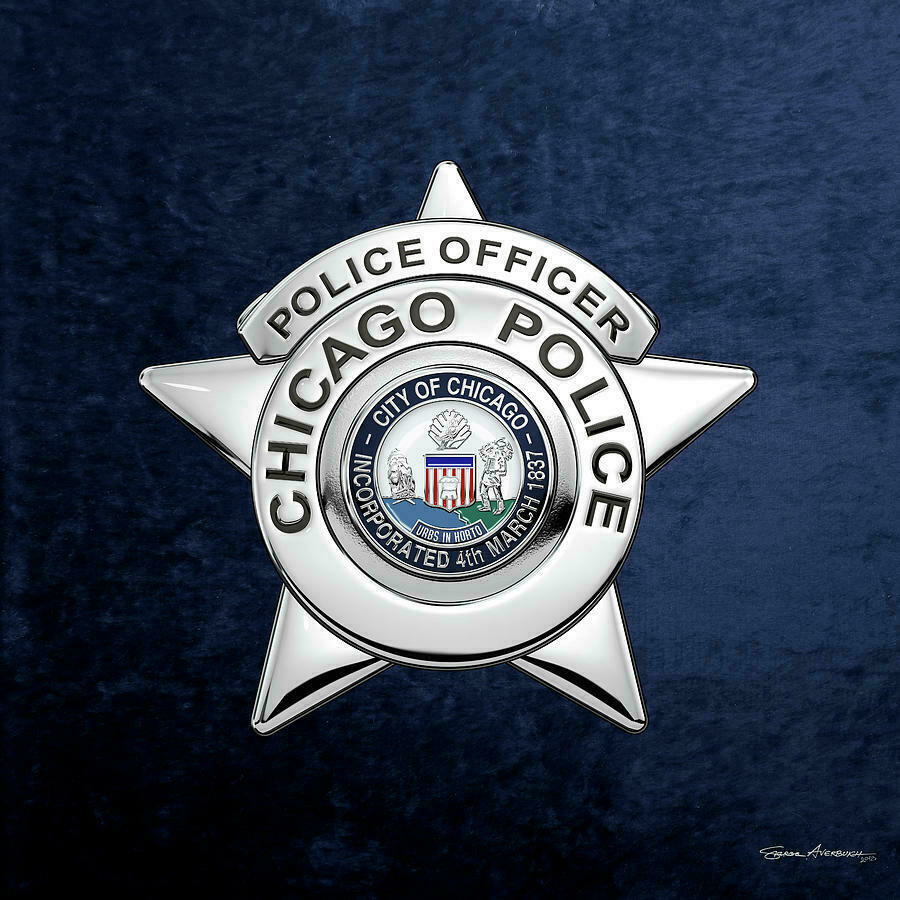Austin Tice
Apr 2, 2024
As of one year ago, Austin Tice, American law student, journalist and former Marine officer, was imprisoned in the basement of that consulate.
\#AustinTice

As of one year ago, Austin Tice, American law student, journalist and former Marine officer, was imprisoned in the basement of that consulate.
\#AustinTice
I just got off the phone with my bank. They put a hold on my credit card because, at 0800 EST, there were three declines. All were from an effort to renew a subscription on Substack. This subscription autorenewed with my old information–and an apostrophe(!) and so it was rejected. Substack attempted three times to validate the card with out of date information. This caused the fraud bells and whistles to go off. The account was blocked.
Fortunately, I’m traveling in the US and so could reach the fraud department. After fending off queries about the apostrophe, why I won’t use their app–if the phone gets lost, so does my money–I was finally able to get the account unblocked.
Were I overseas this would have taken days to resolve, if it could have been resolved at all until my return to the country guarded by Homeland Security. Need I point out that today I have no cash, having overtipped the car wash guys last night? So no coffee for me this morning.
The culprit was Substack. I changed my address since the time I subscribed. Nevertheless, Substack hit my card three times, one after the other, mimicking the actions of a thief using a stolen card. So my bank blocked my card. It took me an hour on the phone to sort it all out, but I could not have done so had I not serindipitously been in the US. I hate autorenewals precisely for this reason. I don’t want a free sub, companies deserve to be paid. But I cannot do business with Substack, it is simply too much risk.
The autorenewal used information on file; information that has since changed. So when the fraud department asked if I had authorized any transactions today–I hadn’t–all hell broke loose. Legally, of course, I had authorized a transaction, one year ago, but I didn’t authorize that transaction for today. Believe it or t not, a one year-old Substack subscription wasn’t the first thing that popped in my head as the cause for my account being blocked.
Autorenewals operate stealthily. Companies don’t want to ask for the money again because people may say no. It’s much easier to take the cash a year after the decision to subscribe was made. The difference is that today’s autorenewal attempt not only ended in a “no,” but an angry one. Because of autorenew, Substack lost a subscriber. I might well have stayed on had they asked me and given me the opportunity to update my information.
Not to mention being confronted–again–with the apostrophe.
Bottom line: I’m happy to send the money for a subscription, but I can’t risk having my account frozen due to Substack’s autorenew practices and multiple hits.
Netflix picks up Jho Low, PetroSaudi, 1MDB story: deadline.com/2023/11/n…
#PetroSaudi #JhoLow #1MDB
US assurances don’t mean much. See, Sholam Weiss: en.wikipedia.org/wiki/Shol…
”… by letters dated 8 February and 14 May 2002, the United States provided the State party with assurances that if the author was extradited with Austria denying one or more criminal counts on which the applicant was convicted, the presiding United States judge would be required, on the condition of the Rule of Specialty, to re-sentence him, and that a re-sentencing would permit him to appeal both his sentence and conviction. The assurances, contained in the letter dated 14 May 2002, were drafted as follows:
(1) Assurance on U.S. Law: “If Weiss is extradited subject to the condition that he not be punished for offenses involving false statements to government officials or in judicial proceedings, the presiding United States judge would be required to re-sentence Weiss in order to give effect to the condition.”
(2) Assurance by Expert Opinion, based on assurance # 3 regarding US law: “In our opinion, this would result in Weiss being permitted to file a full appeal on all issues, including the guilty verdict, errors committed during the trial, constitutional issues, and his sentence.”
(3) Assurance on U.S. Law: “Under United States law, a defendant does not separately appeal his verdict and a sentence. Any appeal is from the final judgment, which contains both the finding of guilt and the imposition of punishment.”
(4) Assurance on future U.S. actions in court: “Furthermore, in any proceedings before any United States court, the United States would take the position that the re-sentencing permits Weiss to appeal both the sentence and the guilty verdict.”
Following the author’s extradition, the United States Government filed a motion with the Middle District Court of Florida (Orlando Division) to re-sentence the author in accordance with the order under which he was extradited from Austria (Rule of Specialty). Specifically, the United States Government requested that the Court re-sentence the author on all counts of conviction except Count 93, which alleged obstruction of justice. On 15 August 2002, the Court denied the United States Government’s motion, ruling that the case was different from the vast majority of cases applying the rule of specialty to an extradition as, in all but rare cases, extradition occurs before trial, and the rule of specialty controls the charges for which the requesting State may prosecute a defendant. The Court ruled that a sentence was not alterable at the will of the Government, in accordance with the principle of separation of powers, and that the latter had not cited any authority which would provide the Court the power to modify the author’s sentence. It added that the rule of specialty was being asserted by the Government, not to limit the offences for which the author can be prosecuted but rather to modify a valid judgement of the Court. The circumstances under which a district court may modify or vacate a sentence were strictly limited by statute and the Federal Rules of Criminal Procedure which did not encompass the circumstances of the present case. The Court also referred to earlier United States jurisprudence related to extradition confirming that re-sentencing was prohibited under the constitutional doctrine of separation of powers.”
US “assurances” are meaningless.
#Assange #Assangeextradition
The ABA doesn’t require law schools to teach a class in “drafting legal documents,” assuming this skill will later be learned on the job. The problem is the hallucinations that plague ChapGPT. This is an AI term of art, colloquially defined as “making stuff up.”
Twenty years ago, would you have forbidden access to form books? West published several such encyclopedias. AI is just a tool like them. If facts can be stipulated, results follow. The problem is determining those facts. And even when there is a known end result, a corpse, the wrong type of plumbing installed, the facts leading to that result are disputed. Courtrooms are theaters of lies. Lawyers and judges have difficulty determining what is a lie and what is the truth; what actually happened as opposed to a made-up story. AI can do no better job. AI has no special insight into the human condition and our propensity to lie when convenient.
Sometimes software problems are so complex that the only solution is spiritual help. In this case, as all Miami lawyers know, we’ll invoke Eleggua, “the Roads,” the santería orisha whose powers include opening a path and clearing the way.
You’ll need:
Walk to the nearest intersection. Light the cigar and blow smoke into the air. Take a swig of the rum and spit it out towards the center of the intersection, taking care to avoid inconveniencing the occasional pedestrian or passing automobiles.
Throw the coins into intersection while mentioning the name of the orisha. Relativity latency problems should disappear shortly thereafter.
Keep in mind that this saint’s colors are red and black; the ritual is more effective if these colors are worn. Some say it is even better to don the red and black collar, or eleke as the saint is particularly benevolent to those supplicants who come to him so adorned.
Looks like White & Case has some liability…
The principal White & Case lawyer thereafter went to work for PetroSaudi.
$700M paid into a Jho Low account? Oh my.
#TarekObaid #PetroSaudi #1MDB #JhoLow #WolfofWallStreet #White&Case


I remember Burke’s run for the office of Cook County State’s attorney in 1980. His ads featured a Chicago Police Department badge—though not a police officer, Burke had somehow finagled a badge—does Chicago have a police reserve? There was some controversy about his entitlement to the badge at the time, much like that surrounding “Sheriff” Herschel Walker during his run for the Senate.
Burke didn’t break bad at the age of 79, his age when a federal jury convicted him on 13 of 14 counts, including racketeering. More likely than not, he’s been a criminal for decades. For 54 years, he has been an alderman. A few years ago, Burke engineered the placement of his own wife onto the Illinois Supreme Court. My guess is that her vote was for sale, like everything else Burke touched. It would be appropriate to investigate every single one-vote case where she was in the majority, to determine whether, in the interests of justice, the case should be reviewed or reheard.